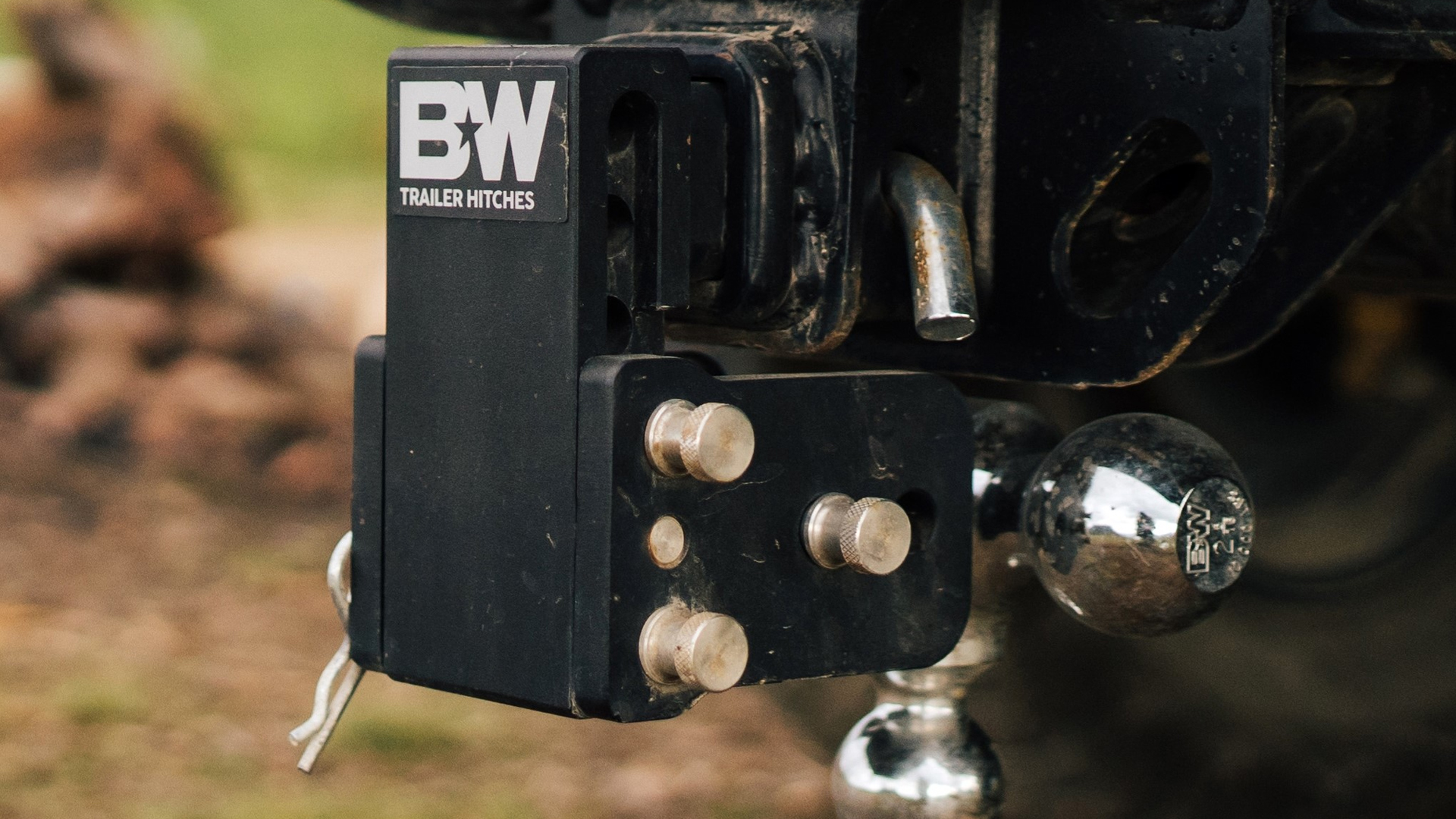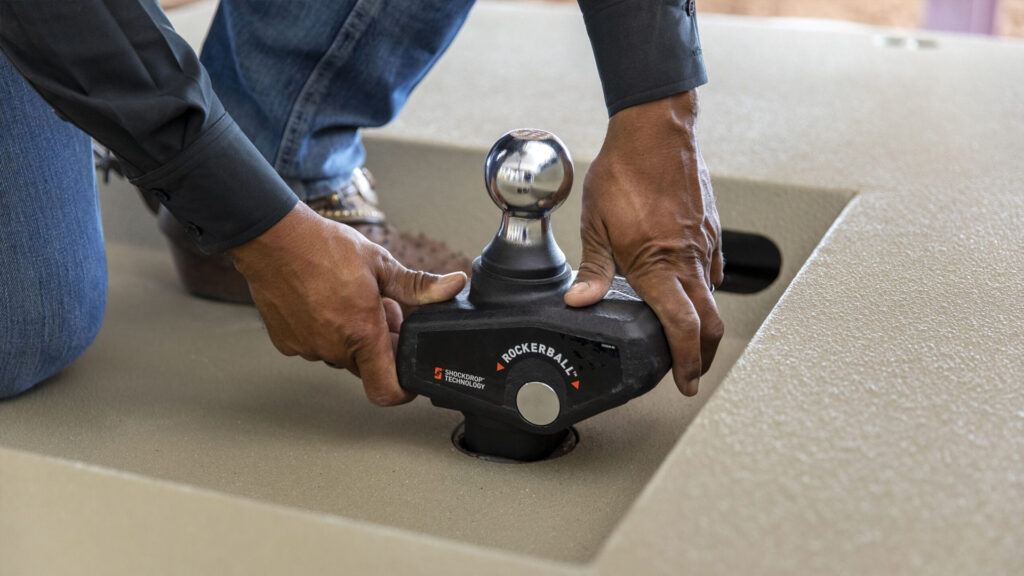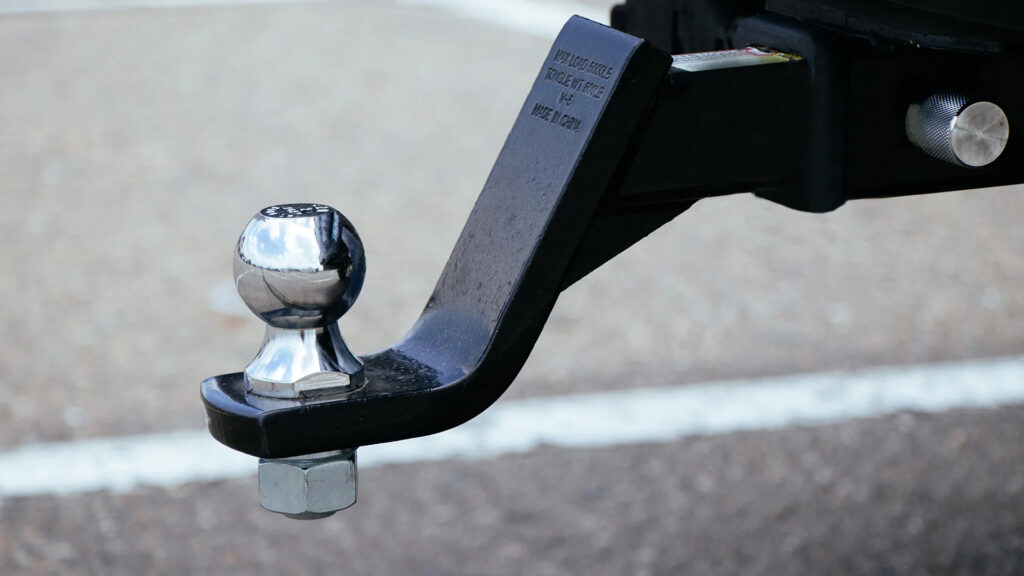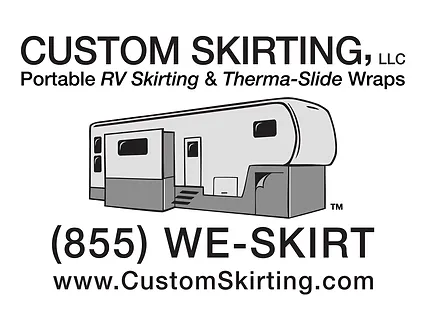
How Much Does It Cost to Install a Hitch? A Complete Guide
Table of contents
Installing a trailer hitch is a common upgrade for vehicle owners who need towing capabilities. However, how much does it cost to install a hitch? The trailer hitch installation cost varies significantly based on multiple factors, making it challenging to budget appropriately. On average, the hitch installation cost ranges from $300 to $650. This guide will break down all expenses associated with hitch installation, helping you make informed decisions based on your vehicle and towing needs. We’ll cover different hitch types, installation costs, DIY versus professional installation, and cost-saving strategies.
Understanding Trailer Hitch Basics
A trailer hitch is a device mounted onto a vehicle’s frame that allows it to tow a trailer safely and efficiently. It serves as a critical connection point between the vehicle and the trailer, ensuring stability and control while towing. If you’re wondering how much does it cost to get a hitch installed, the price varies based on hitch type, vehicle compatibility, and labor costs. Trailer hitches come in various classes, ranging from Class I (for light-duty towing, such as small trailers and bike racks) to Class V (for heavy-duty towing, such as large boats, campers, or equipment trailers).
A trailer hitch consists of several key components, including:
- Receiver Hitch: The main structure attached to the vehicle’s frame. It determines the hitch’s weight capacity and compatibility with accessories.
- Ball Mount: A metal bar that slides into the receiver hitch and holds the hitch ball, connecting the hitch to the trailer coupler. Some ball mounts are adjustable to accommodate different trailer heights.
- Hitch Ball: A rounded metal ball that fits into the trailer coupler, allowing the trailer to pivot smoothly while in motion. Hitch balls come in different sizes, typically 1 7/8″, 2″, or 2 5/16″, depending on the trailer requirements.
- Safety Chains: Backup chains that provide an additional layer of security by keeping the trailer connected to the vehicle in case the hitch connection fails.
- Wiring Harness: Provides electrical connections for trailer lights, turn signals, and braking systems, ensuring road safety and legal compliance.
- Weight Distribution System (Optional): Helps distribute the trailer’s weight more evenly across the tow vehicle’s axles, improving stability and control, especially for heavy loads.
Proper installation is crucial for safety and performance. A poorly installed hitch can lead to accidents, vehicle damage, or legal issues, especially when considering how much does it cost to get a hitch installed.
Hitch Types and Their Costs

Receiver Hitches
The most common type, receiver hitches, have a square receiver tube that accommodates various towing accessories. They cost between $400 and $1,230, depending on vehicle compatibility and towing capacity.
Gooseneck Hitches
Designed for pickup trucks, gooseneck hitches are installed in the truck bed above the rear axle. Their cost ranges from $680 to $1,280, making them ideal for hauling large loads like horse trailers or heavy-duty equipment.
Fifth Wheel Hitches
Primarily for large RVs, fifth wheel hitches offer superior weight distribution and stability. They cost between $1,100 and $2,180 due to their heavy-duty construction and complex installation.
Hitch Classes Explained
Class 1
- Weight Capacity: Up to 2,000 lbs
- Cost: $100-$150
- Best for: Small cars like Honda Civic and Toyota Corolla
- Common Uses: Bike racks, small cargo carriers
Class 2
- Weight Capacity: Up to 3,500 lbs
- Cost: $150-$200
- Best for: Larger cars and compact SUVs
- Common Uses: Small utility trailers, lightweight boat trailers
Class 3
- Weight Capacity: Up to 8,000 lbs
- Cost: $200-$250
- Best for: SUVs and light trucks
- Common Uses: Medium-sized trailers, larger boats, and campers
Class 4 & 5
- Class 4 Capacity: Up to 10,000 lbs
- Class 5 Capacity: Up to 20,000 lbs
- Cost: $250-$500
- Best for: Heavy-duty towing, large trailers, and commercial use
Installation Costs Breakdown
Professional Installation Labor
Labor costs for professional hitch installation cost between $100 and $200, depending on the complexity. Some factors affecting labor costs include:
- Vehicle modifications
- Rust removal
- Wiring complexity
- Type of hitch being installed
Professional installations are often performed by dealerships, mechanic shops, and specialized hitch installers. It typically takes 1 to 3 hours to complete the installation.
Additional Parts and Accessories
Beyond the hitch itself, expect to pay $200-$500 for accessories like:
- Wiring Harnesses: $50-$200
- Hitch Balls & Mounts: $20-$80
- Brake Controllers: $50-$300
- Safety Chains & Pins: $10-$50
These accessories are essential for ensuring safe and legal towing.
Electrical Setup Costs
For proper trailer lighting and brake operation, trailer hitch installation cost includes wiring installation, which ranges from $50 to $200. Basic wiring is cheaper, while complex electrical setups cost more. Most states require functional trailer lights, making wiring installation a necessary expense.
DIY vs. Professional Installation

DIY Installation Considerations
If you have mechanical experience, you may save money by installing the hitch yourself. DIY hitch installation costs less, but it requires:
- Tools like socket wrenches and torque wrenches
- Jack stands or a lift
- Knowledge of your vehicle’s frame and wiring system
While DIY installation can save on labor costs, trailer hitch installation cost still depends on the hitch type and any additional parts needed. It may also take longer and pose challenges if your vehicle needs modifications.
When to Choose Professional Installation
A professional installation is recommended if:
- Your vehicle requires modifications – Some vehicles may need drilling, frame reinforcement, or bumper adjustments to accommodate a hitch properly. Professionals have the tools and expertise to handle these modifications without damaging the vehicle.
- You lack experience with vehicle mechanics – Installing a hitch involves precise measurements, proper alignment, and securely fastening components. Mistakes can compromise safety, leading to hitch failure or towing instability.
- You want to ensure proper torque and safety – Hitch bolts must be tightened to manufacturer-specified torque settings to prevent loosening over time. Professionals use torque wrenches to achieve the correct specifications, ensuring a secure and safe installation.
- Your hitch requires additional wiring for trailer brakes – Many trailers, especially those carrying heavy loads, require brake controllers and wiring to connect the vehicle’s braking system. Improper wiring can lead to malfunctioning lights or brakes, increasing the risk of accidents.
- You are towing heavy loads or long distances – If you plan on towing a large camper, boat, or heavy trailer, a professional can help select the right hitch class and ensure it meets weight distribution and sway control requirements for safe long-distance towing.
- You want warranty protection – Some vehicle and hitch manufacturers require professional installation to maintain warranty coverage. Improper self-installation could void warranties or lead to denied claims.
Choosing a professional can save time and provide peace of mind that the hitch is installed correctly.
Cost-Saving Strategies
- Compare quotes from multiple installers to find the best price.
- Buy parts online instead of at dealerships.
- Look for promotions and bundle services to lower labor costs.
- Consider used hitches (only from reputable sellers).
- Install simple hitches yourself to avoid professional labor fees.
By understanding the trailer hitch installation cost, you can budget effectively and choose the best option for your vehicle and towing needs. Whether you opt for DIY or professional installation, knowing what to expect helps you make an informed decision.
Upgrade Your RV Setup: Hitch Installation & Custom Skirting for Ultimate Protection!
Tow with Confidence & Protect Your RV Year-Round!
Investing in a trailer hitch is just the beginning—why not take your RV setup to the next level? While you’re upgrading your towing equipment, consider adding custom RV skirting to protect your vehicle from the elements. Our Nation’s #1 RV Skirting Solution provides superior insulation and defense against wind, snow, and water with our exclusive “No-Snap, No-Gap” channel system—ensuring a flawless fit and maximum durability.
Don’t let harsh weather or campsite conditions take a toll on your RV. Whether you’re parked for the season or on the move, our custom-fit skirting offers the best protection for long-term comfort and efficiency.
Get a quote today and experience the difference in quality and performance!
